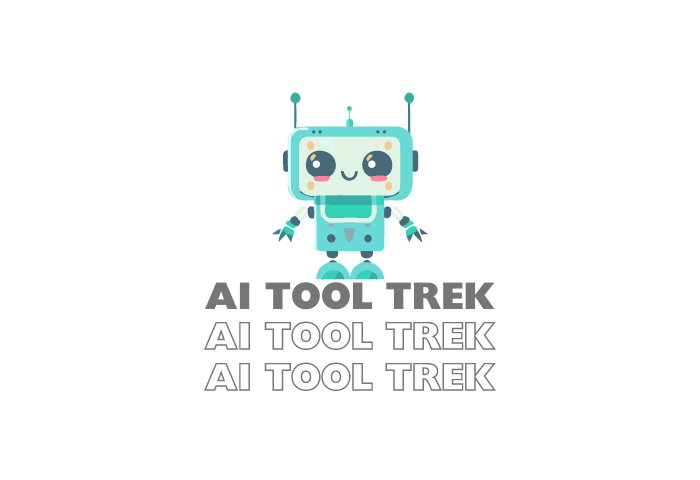Website Cloner's overview
Website Cloning in 2025: The Complete Guide to Cloning a Website for Developers and Businesses. Cloning a website is no longer a shortcut — it’s a strategic capability. For developers, it accelerates deployment and learning. For businesses, it ensures continuity, scalability, and cost savings. A website cloner helps you replicate success while freeing your team to focus on innovation and branding. As long as it’s done ethically and optimized for SEO, website cloning is one of the smartest tools in your digital arsenal. In 2025 and beyond, the most successful digital teams won’t just build — they’ll clone, customize, and evolve faster than their competition. Website Cloner | All rights reserved 2025
Website Cloner's Key Features
⭐️ ⚡️ Technical process for cloning websites
🌈 🛠️ Ethical implications of website cloning
💎 🔒 Legal & ethical guidelines for cloning websites
💫 🔥 Business use cases for website cloning
Website Cloner's Use cases
Here are 3 practical use cases for the "Website Cloner" product:
🎯 Rapid Website Deployment Cloning a website allows businesses to replicate a proven layout across multiple domains, saving time and resources for rapid website deployment.
📈 Competitor Analysis Cloning a website enables businesses to analyze a competitor's website structure, UX flow, and content hierarchy, providing valuable insights for informed decision-making.
📊 SEO Optimization Cloning a website with proper optimization ensures a smooth transition to a new domain, maintaining SEO health and continuity, and preventing duplicate content issues.
Website Cloner's FAQ
What is website cloning, and how does it work?
Website cloning is the process of creating a duplicate of an existing website's front-end design and functionality. A website cloner tool or software sends requests to each page URL, retrieves the HTML source code, and saves it locally or on a target server. This allows users to replicate a website's layout, structure, and core functionality in minutes, giving them time to focus on customization, optimization, and growth.
Is cloning a website legal, and are there any ethical considerations?
Cloning a website is legal if you own the website or have permission. However, copying copyrighted text, design, or trademarks from another site without consent is illegal. It's essential to check copyright notices and terms of service before cloning, and to use cloning for legitimate use cases such as testing, development, or redesign.
How can I clone a dynamic or eCommerce website, and what are the potential SEO implications?
Cloning a dynamic or eCommerce website requires using export tools or plugins designed for migration. When cloning a dynamic website, it's essential to replace content and update meta data, canonical tags, and internal links to ensure SEO health and continuity.
